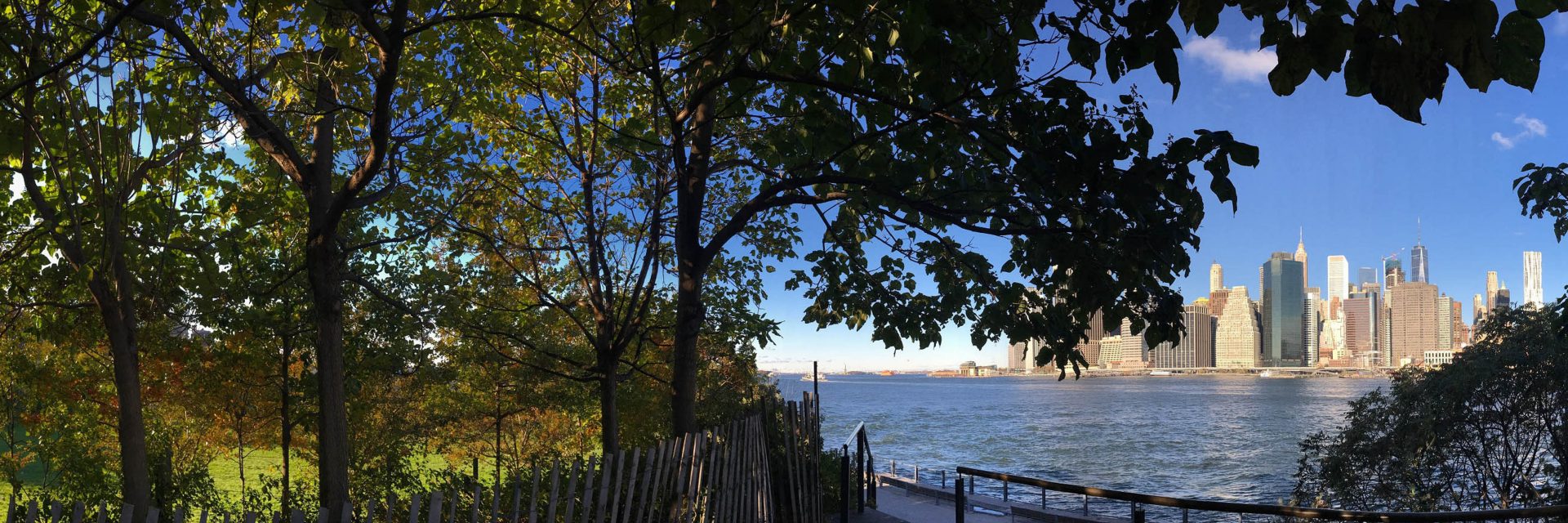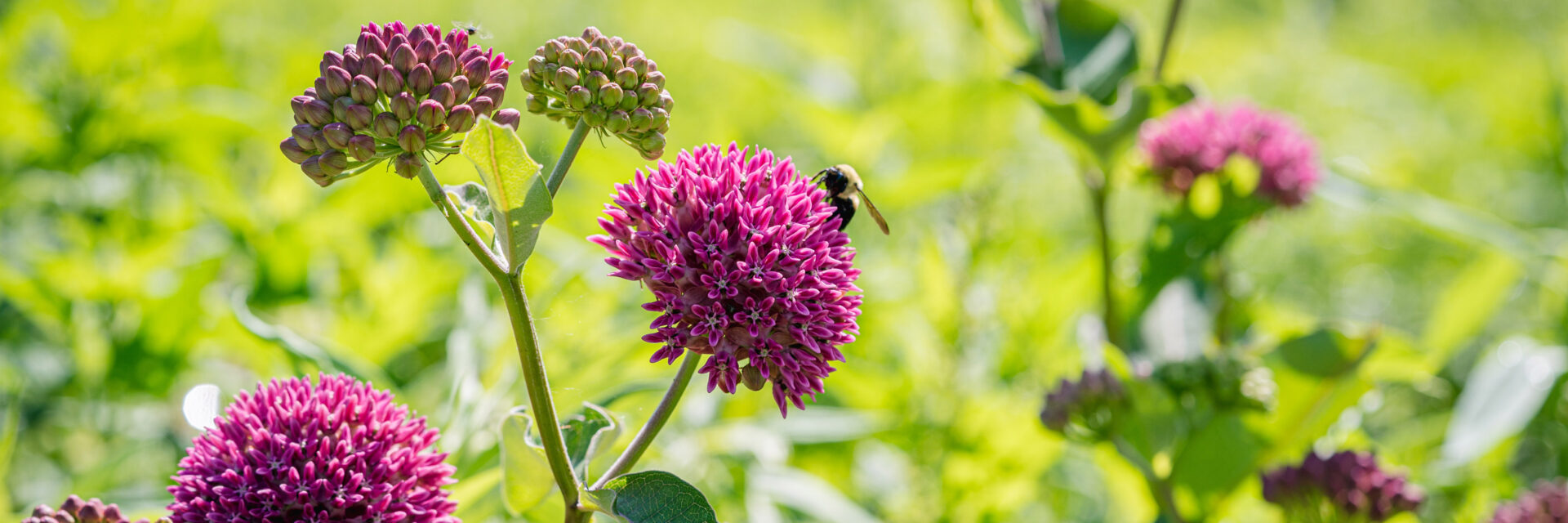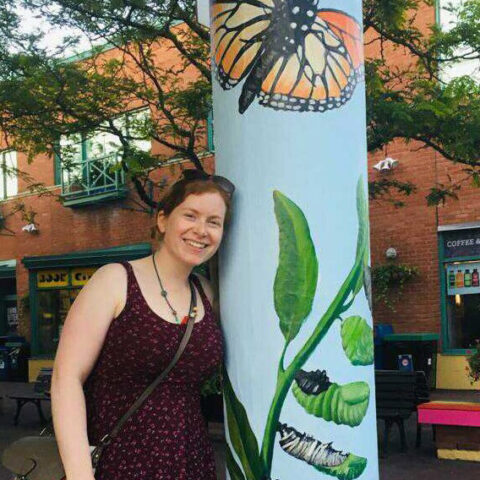November EcoQuest Challenge
HIDDEN HARVEST
When we think of Thanksgiving and November harvest, we tend to conjure images of corn, beans, and squash. While these are undeniably part of the Pre-Columbian Agriculture of First Nations, these plants were introduced to Eastern North America from Mexico and South America relatively recently in the archaeological record. Before the arrival of corn (Zea mays), the people in Eastern North America had been cultivating domestic plant varieties for agriculture for more than 2,000 years. Much of the history of these plants as agricultural species have all but been wiped out due to colonization and the genocide of Indigenous societies. Recent archaeological studies have rediscovered remnants of some of these plants where these communities once prospered. These discoveries and additional stories about the early agriculture of the north east helps to uncover hidden histories of plants that we see regularly but may dismiss as just weeds. The stories of the original people can be told through the plants that persist on this land- purposefully cultivated to grow prolifically in the soil we share here in New York City. Familiar plants such as Goosefoots (Chenopodium), Redroot Amaranth (Amaranthus retroflexus), Common Purslane (Portulaca oleracea), Common Sunflower (Helianthus annuus), Broadleaf Cattail (Typha latifolia), and Common Pawpaw (Asimina trilobaare) are some of the remnant species that have been managed and cultivated by Indigenous societies for thousands of years before the arrival of colonists to the Americas and continue to be today. Many of these species persist in New York City- their uses, histories, and cultural relevance often overlooked in favor of more charismatic species of flora. Mistaken for undesirable weeds and often sprayed with herbicide, their rich histories and high potential for use remain unknown to most. See if you can find all the plants included in our Hidden Harvest Ecoquest!
MORE INFORMATION ON THE PRE-COLUMBIAN AGRICULTURE AND FLORA OF THE NORTHEAST
The Welikia Project
JOURNAL ARTICLE: Growing The Lost Crops of Eastern North America's Original Agricultural System
American Indian Health and Diet Project- Foods Indigenous to the Western HemisphereJOURNAL ARTICLE: Experimental Cultivation of Eastern North America's Lost Crops: Insights into Agricultural Practice and Yield Potential
P.S. The Falling For Galls EcoQuest was super successful thanks to some star participants- namely @zitserm, @matthew_wills, and @susanhewitt. I extended the project for another month just because it has been so dang interesting. Keep your eyes out for galls throughout November alongside our November EcoQuest!
Mistaken for undesirable weeds and often sprayed with herbicide, their rich histories and high potential for use remain unknown to most. See if you can find all the plants included in our Hidden Harvest Ecoquest!
MORE INFORMATION ON THE PRE-COLUMBIAN AGRICULTURE AND FLORA OF THE NORTHEAST
The Welikia Project
JOURNAL ARTICLE: Growing The Lost Crops of Eastern North America's Original Agricultural System
American Indian Health and Diet Project- Foods Indigenous to the Western HemisphereJOURNAL ARTICLE: Experimental Cultivation of Eastern North America's Lost Crops: Insights into Agricultural Practice and Yield Potential
P.S. The Falling For Galls EcoQuest was super successful thanks to some star participants- namely @zitserm, @matthew_wills, and @susanhewitt. I extended the project for another month just because it has been so dang interesting. Keep your eyes out for galls throughout November alongside our November EcoQuest!
The Welikia Project
JOURNAL ARTICLE: Growing The Lost Crops of Eastern North America's Original Agricultural System
American Indian Health and Diet Project- Foods Indigenous to the Western HemisphereJOURNAL ARTICLE: Experimental Cultivation of Eastern North America's Lost Crops: Insights into Agricultural Practice and Yield Potential
P.S. The Falling For Galls EcoQuest was super successful thanks to some star participants- namely @zitserm, @matthew_wills, and @susanhewitt. I extended the project for another month just because it has been so dang interesting. Keep your eyes out for galls throughout November alongside our November EcoQuest!
JOURNAL ARTICLE: Growing The Lost Crops of Eastern North America's Original Agricultural System






